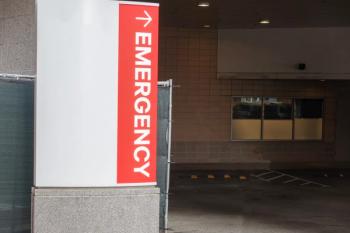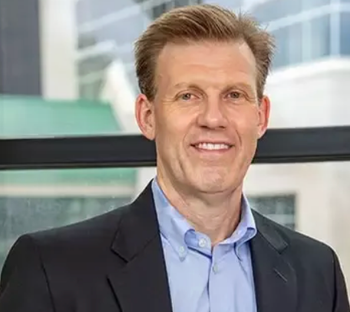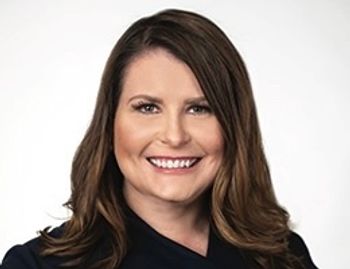
Doctors, nurses, and dentists have something in common: Burnout | HLTH 2025

The leaders of the American Medical Association, American Nurses Association, and American Dental Association, talked about the stress that’s pervasive across health care.
Las Vegas – Dr. Bobby Mukkamala says doctors generally love the time they have with patients.
He said seeing patients is “the awesome part” of being a doctor.
“The not-so-awesome part is when we leave the exam room,” said Mukkamala, the president of the American Medical Association.
Clinicians across the healthcare spectrum
During a discussion at the HLTH conference, Mukkamala joined
Burnout is “a massive problem,” Mukkamala said.
Mensik Kennedy said that the nurses’ association has been tracking burnout since the height of the COVID-19 pandemic.
“What we're hearing is that since Covid has kind of waned into the background, most organizations are returning to that time when well-being wasn’t a focus,” she said.
Many younger nurses are finding that they can’t handle the stresses of short staffing, she said, with about a third switching jobs within their first year.
Nurses are also overwhelmed with the regular threat of violence they are facing in hospitals.
“Most people don't realize that nurses are more likely to be assaulted than correctional officers,” Mensik Kennedy said. “So dealing with everything you are dealing with, to be able to take care of patients, only to be abused, hurt, physically assaulted, is not acceptable.”
Doctors are worn down by fighting with insurance companies to get approval for treatments or procedures for their patients. Mukkamala cited a recurring scene of coming out of a patient appointment to find staff in his office on the phone with insurers.
“My office staff is in tears trying to get something approved,” Mukkamala said.
Both Mukkamala and Mensik Kennedy pointed to shortages in staffing that are adding to the workloads and stress on doctors. And they say it’s pushing some away from medicine. Mukkamala said he knows a number of doctors who are thinking of retiring.
“When I'm hanging out socially with my colleagues, a lot of them are physicians,” he said. “Every single one of them is expressing burnout … They're in their 50s, maybe early 60s, and they're talking about maybe for another year I'll do this.”
Dentists are also experiencing a great deal of stress. Kessler said the dental association’s survey indicated that four out of five dentists “are experiencing some kind of burnout.”
“We're seeing a massive amount of colleagues who are suffering from burnout, depression, substance abuse, disorder, anxiety,” he said.
Kessler said he has met with a number of dental schools, and he urges students to take care of themselves.
“High achievers don't like to ask for help,” he said. “They don't get to show any signs of weakness. They have to know everything. And in dentistry, we're expecting them to be perfect right out of the gate.”
The three leaders also emphasized that healthcare organizations need to focus on improving the workplace for their caregivers and tackle the problems that are weighing on staff.
Mensik Kennedy said organizations that are focused on making staff more resilient are not seeing the problem.
“People come to me and say, ‘How do we make nurses and make clinicians or the newer generation more resilient?’ …. Resilience is a systems issue, not an individual issue, and we need to make systems resilient so that people can provide humane care,” she said.
Physicians, nurses and dentists have pushed for changes in state licensing applications to remove invasive questions about mental health.
The three leaders on the panel all said that the well-being of clinicians needs to be addressed, or they will see more doctors, nurses, and dentists making career changes, exacerbating shortages that are already problematic.
“We can’t shoot our wounded,” Kessler said. “Who's healing the healers?”
Getting help






















































































